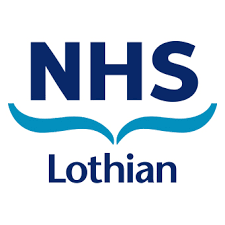Length of treatment: 5 days
Severity: CURB65 3-5, or other signs of organ dysfunction including low oxygen saturations.
- Arrange chest x-ray (CXR) if feasible.
- Blood cultures
- Viral throat swab (if for admission) (swab throat and nose at same time with single swab, send in viral transport medium)
- Sputum for culture
- Sputum for "sputum respiratory PCR (including atypicals)
- Consider hospital admission.
- Discuss goals of care.
- Senior review.
Consider
Amoxicillin 1g orally every 8 hours,
OR
If oral route unavailable: Amoxicillin 2g intravenously every 12 hours (see comments below)
PLUS
Gentamicin intravenous: dose as per NHS Lothian online calculator
If severe aspiration pneumonia ADD Metronidazole 400mg orally every 8 hours
OR
If oral route unavailable: Metronidazole 1g by rectum every 8 hours for 3 days then 1g by rectum every 12 hours
Penicillin allergy:
Teicoplanin intravenous (see Appendix 2 for protocol)
PLUS
Gentamicin intravenous: dose as per NHS Lothian online calculator
If severe aspiration pneumonia ADD Metronidazole 400mg orally every 8 hours
OR
If oral route unavailable: Metronidazole 1g by rectum every 8 hours for 3 days then 1g by rectum every 12 hours
- If oral route unavailable there are limited options in community, consider need for hospital admission. Initial dose of amoxicillin 2g can be given intravenously and can be continued as amoxicillin 2g intravenous every 12 hours until oral route becomes available. Patient should then be switched to amoxicillin 1g orally every 8 hours.
- Review after 48 hours of IV therapy and switch to oral antibiotic therapy (co-trimoxazole/ doxycycline/ amoxicillin (plus metronidazole if aspiration pneumonia) if symptomatic improvement
- Gentamicin should not be extended for more than 72 hours in H@H patients without advice from an infection specialist, consideration of toxicities and monitoring. (Note this differs from advice for patients in acute care settings where up to 5 days may be given).
- Teicoplanin should not be extended past the 72-hour loading period without discussion with an infection specialist.
- Please note updated BTS guidance has removed metronidazole from routine management of non-severe aspiration pneumonia.
